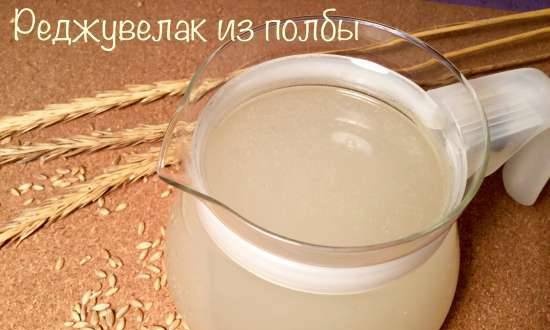Men of the age about active life |
|
Let's agree right away: we are not talking about the first two or three years after forty, but at least two or three decades, which it is important to live without getting sick, with maximum return for oneself and others. Forty years is the time of physical and creative maturity. The accumulated life experience is already beginning to bear weighty results. But it is at this age that disregard for health can push that stone, which then turns into an avalanche of illness. Of course, modern medicine can do a lot. We have learned to preserve life after several heart attacks, to return to working capacity after severe damage to the cardiovascular system. Cardiac surgery has become available to a wide range of surgeons. At the same time, we are well aware that a chain reaction of ailments has begun. And it is not easy to stop it. It is much easier, and most importantly, it is more expedient to warn her. But for this you need to carefully understand the causes of the disease.
I foresee the question: such critical situations occur in our life up to forty years. Why do we single out this particular age line? As a rule, a man at forty is already a completely formed personality, a person who bears considerable responsibility both for his own activities and for the work of his subordinates, for the well-being of loved ones and the fate of children. And the main thing is a person with already developed ideas about the norms of behavior, an established sense of his own dignity, his “I”. For such a person, obvious injustice, undeserved resentment in its consequences is often emotionally much more terrible than, paradoxically, an obvious threat to life. An unhealthy, petty family environment can also have dire consequences.
The easiest way would be to give advice - try not to worry. But at the same time, we all well understand that emotional "overload" - both negative and positive - cannot be avoided. Even if this were possible, how would life become impoverished, how dull and monotonous it would become! The task is different: troubles and grief must be opposed with endurance, the ability to control oneself. In particular, the so-called autogenous training gives good results. Good rest is no less important. This is not only about the correct daily routine: get up at 7.00, do exercises, jog, do not drink coffee, do not eat fat ...I would not like to impose such a lifestyle on you. Not because he's bad. But because it does not suit everyone. After all, if you are over forty, you have already developed your own ideas about the comfort of life. The advice relates rather to the emotional sphere of being. Neither diet nor physical activity can replace your good mood. And it largely depends on ourselves. Not only the superiors of subordinates, but also the subordinate superiors can easily bring what is called "to white heat." And all kinds of gratuitous, inherently senseless skirmishes on the subway, on the bus, in shops ... Isn't it easier to try to avoid them, to save your own and others' nerves? Finally, the mood is born only when you know how to choose the true ones from the many benefits. For some, fishing or a walk in the woods brings great moral satisfaction, while others prefer a home workshop or a trip to the theater.
As a doctor, I cannot but say that the most effective way to combat ailments is prevention. To defeat a disease, you need to detect it in time. Researchers for about two years have been dynamically observing workers of a number of large industrial enterprises, telegraph employees, and visitors to one of the regional polyclinics of the capital. It turned out that many of these people do not even suspect that they are sick. For example, about forty percent of men over the age of forty suffer from hypertension and do not know about it. This means that they are not treated. All this is easy to explain: hypertension does not immediately lead to serious consequences. At first, she manifests herself very carefully - increased fatigue, lethargy, weakness, recurrent headaches. Some people mistake these symptoms for signs of a cold. It would seem that what is simpler: you need to see the doctors on time. But in response, most often we hear a careless "once". What can be said here? Only one thing: today "there is no time", and tomorrow - alas! - it may be late ... I. Shkhvatsabay |
| The benefits and principles of hardening | Are there any benefits to tanning? |
|---|
New recipes
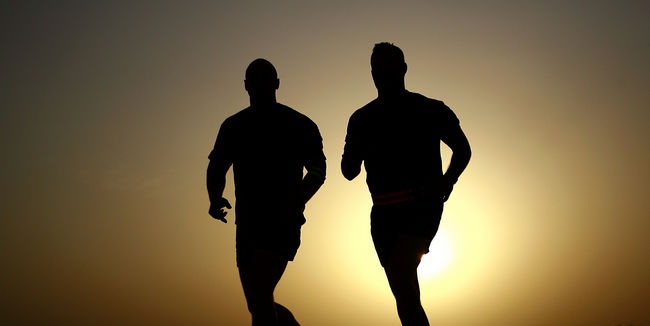 When do men start losing ground? Scientists believe - after forty years. It is behind this “border” that the heart most often begins to make itself felt. And it is, as you know, the most sensitive barometer of our health. Where is the link between age and heart disease? How to deal with them?
When do men start losing ground? Scientists believe - after forty years. It is behind this “border” that the heart most often begins to make itself felt. And it is, as you know, the most sensitive barometer of our health. Where is the link between age and heart disease? How to deal with them?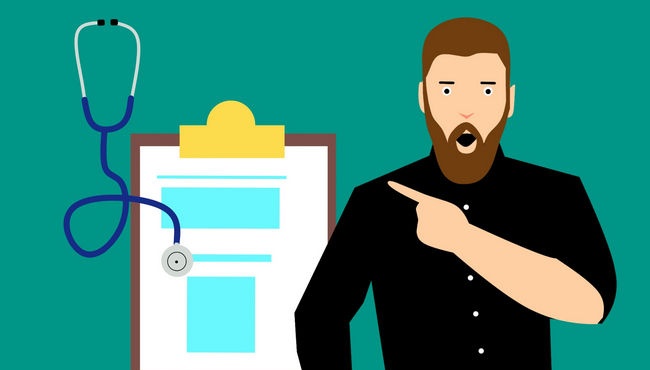 In principle, they are already known today. Among the most destructive should be called alcohol abuse with all the ensuing consequences. Among other reasons, perhaps in the first place are "overloads" that hit the nervous system. Our observations show that, for example, myocardial infarction most often occurs in people who have experienced severe shocks before - the collapse of personal plans, the death of loved ones or failures at work. Such people developed insomnia, headaches, and ailments in the region of the heart. Shortly before a heart attack - chronic anxiety, an ongoing feeling of anxiety. And finally, on the eve of the attack, almost forty percent of patients experienced acute mental trauma, which became a kind of "last straw".
In principle, they are already known today. Among the most destructive should be called alcohol abuse with all the ensuing consequences. Among other reasons, perhaps in the first place are "overloads" that hit the nervous system. Our observations show that, for example, myocardial infarction most often occurs in people who have experienced severe shocks before - the collapse of personal plans, the death of loved ones or failures at work. Such people developed insomnia, headaches, and ailments in the region of the heart. Shortly before a heart attack - chronic anxiety, an ongoing feeling of anxiety. And finally, on the eve of the attack, almost forty percent of patients experienced acute mental trauma, which became a kind of "last straw".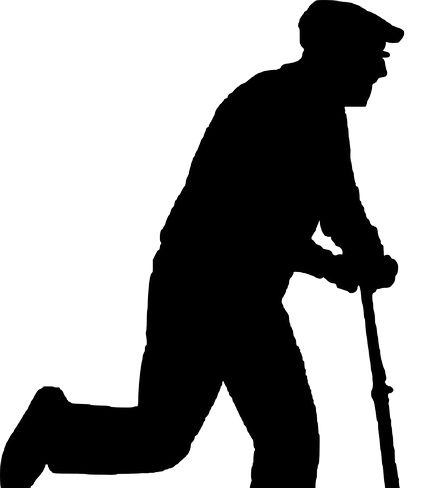 Finally, after forty years, a purely physical factor cannot be disregarded: by this age, the vessels usually lose their former elasticity, heart contractions become not so full. Work, family worries often leave no time for sports, regular exercise.
Finally, after forty years, a purely physical factor cannot be disregarded: by this age, the vessels usually lose their former elasticity, heart contractions become not so full. Work, family worries often leave no time for sports, regular exercise.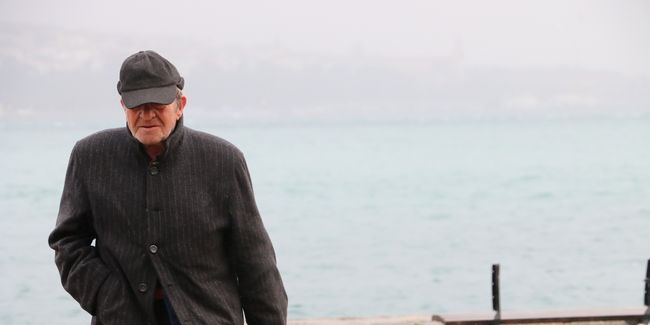 But there is also a universal “tool” that is worth educating and strengthening in yourself. This is the ability to find joy, satisfaction in the details and features of everyday life that are inconspicuous at first glance. The sun is shining, the decoration of the city is changing, the first leaves of spring and the last leaves of autumn - try to look closely at everything that surrounds you, to think about the little things. And thus, comprehending the sometimes deep meaning contained in them, to experience joy from the very process of cognition.
But there is also a universal “tool” that is worth educating and strengthening in yourself. This is the ability to find joy, satisfaction in the details and features of everyday life that are inconspicuous at first glance. The sun is shining, the decoration of the city is changing, the first leaves of spring and the last leaves of autumn - try to look closely at everything that surrounds you, to think about the little things. And thus, comprehending the sometimes deep meaning contained in them, to experience joy from the very process of cognition.







